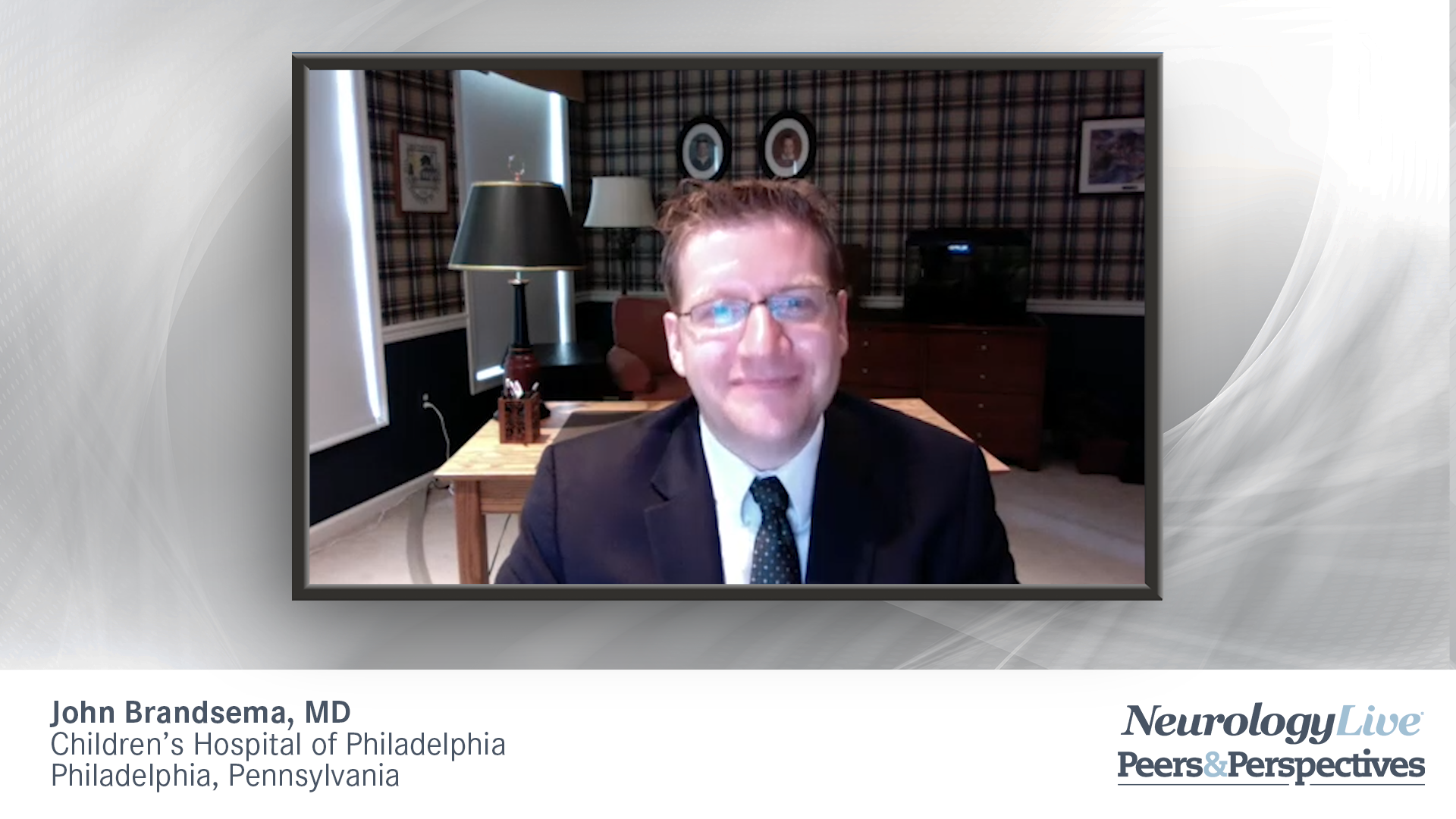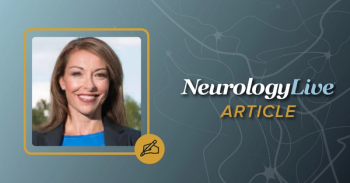
Educating Primary Care Physicians on the Diagnosis of SMA

Julie Parsons, MD, comments on the role of primary care providers and gene testing for the early diagnosis of spinal muscular atrophy.
John Brandsema, MD: I know you have been involved in the efforts to educate primary care physicians and other providers who might be meeting these patients for the first time. Can you speak a little bit to your experience there in your region?
Julie Parsons, MD: Yes, I think this is hard for primary care providers because we, as pediatric neurologists—particularly you and I, John, with our position in the neuromuscular field—see a lot of these patients. We see them all the time, and this is second nature. But if we think about it, particularly in rural Wyoming and Colorado, we have pediatricians, family practice providers, nurse practitioners, and physician assistants in rural areas, and they may only see a patient with SMA [spinal muscular atrophy] once in their entire career. We are still sorting out, I think, what the incidence of SMA is. We probably did not mention it—we think it is about 1 in 10,000 to 1 in 11,000 patients. It is a rare disorder, so to expect a primary care provider to be able to look at a patient and make that diagnosis early on is challenging. What I have tried to do is go out into our communities to offer the resources to our primary care providers for when they have a floppy baby—they are always used to having floppy babies—to know the difference between hypotonia and weakness. I also explain how we can help these patients in terms of making a diagnosis. SMA gene testing now is readily available at no cost, and the turnaround time, which used to be several weeks, is down to about 4 or 5 days, in general. We can get the diagnosis very quickly, and it also prevents the diagnostic odyssey for these patients. I think providing resources and support to primary care providers, and to say, “We can help you, and we will partner with you,” has been helpful. Then, when we do have a patient who is diagnosed, we will automatically connect with that primary care provider, and also send them the consensus care guidelines so they understand the situation in terms of primary care, which is absolutely vital for these patients’ general health. We see how we can partner with these practitioners so that they understand a little more about taking care of patients with SMA, regardless of their age.
John Brandsema, MD: I think it is critical to establish a diagnosis as soon as possible, so sending that gene testing is very sensitive and specific. There was a culture in the past where if somebody was delayed with their motor milestones, they would be referred to a physical therapist, and given a bit of time. I think nowadays the message is to get that test early if you have any suspicion whatsoever. I have become much more liberal in terms of the symptoms I would consider indicative of SMA. We need to just get that test done because, while it is not completely ruling it out—again, because of that 5%, sometimes, unless you send the sequencing, you might not pick it up—most of the free testing does both the deletion and the sequencing for you. So you can be very confident you have assessed for SMA specifically for somebody who has any kind of symptom that could be related to it, whether it be motor delay, a breathing difference, or a swallowing difference. All these things can be clues, especially early on, that you are dealing with somebody who might benefit from treatment. Once you make that diagnosis, get the patient linked with a specialized care center as soon as possible because they need to have access to these targeted treatments, which we are about to talk about.
Thank you to the audience for watching this NeurologyLive® Peers & Perspectives®. If you enjoyed this content, please subscribe to our e-newsletters to receive upcoming programs and other great content right in your inbox. Thanks for watching and have a great day.
Transcript Edited for Clarity
Newsletter
Keep your finger on the pulse of neurology—subscribe to NeurologyLive for expert interviews, new data, and breakthrough treatment updates.










